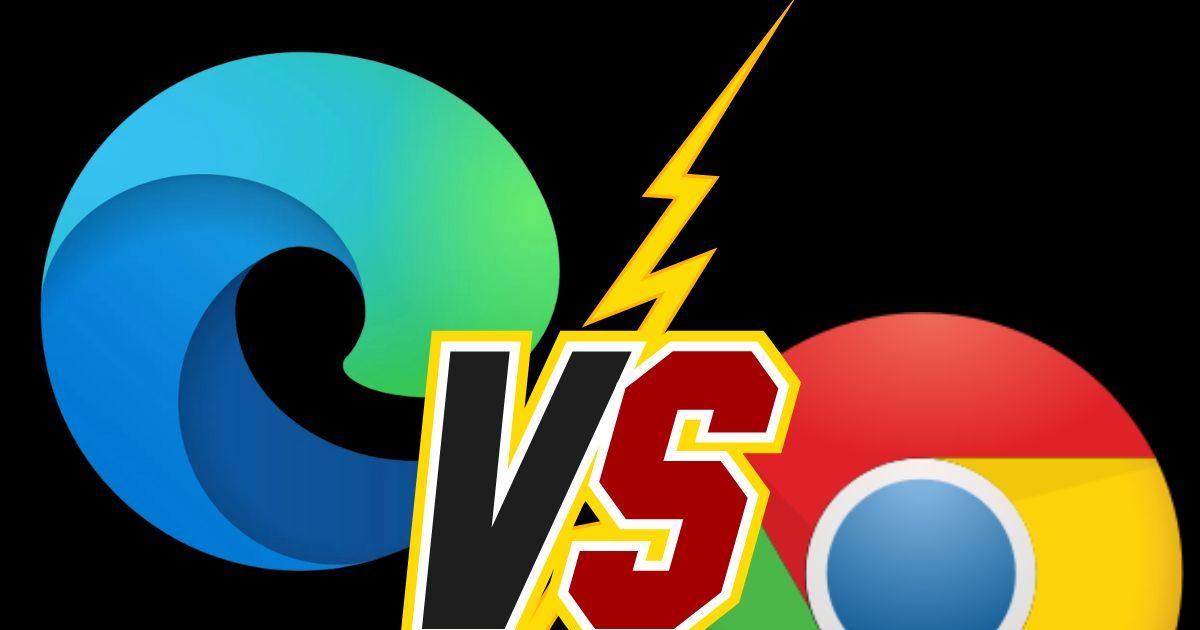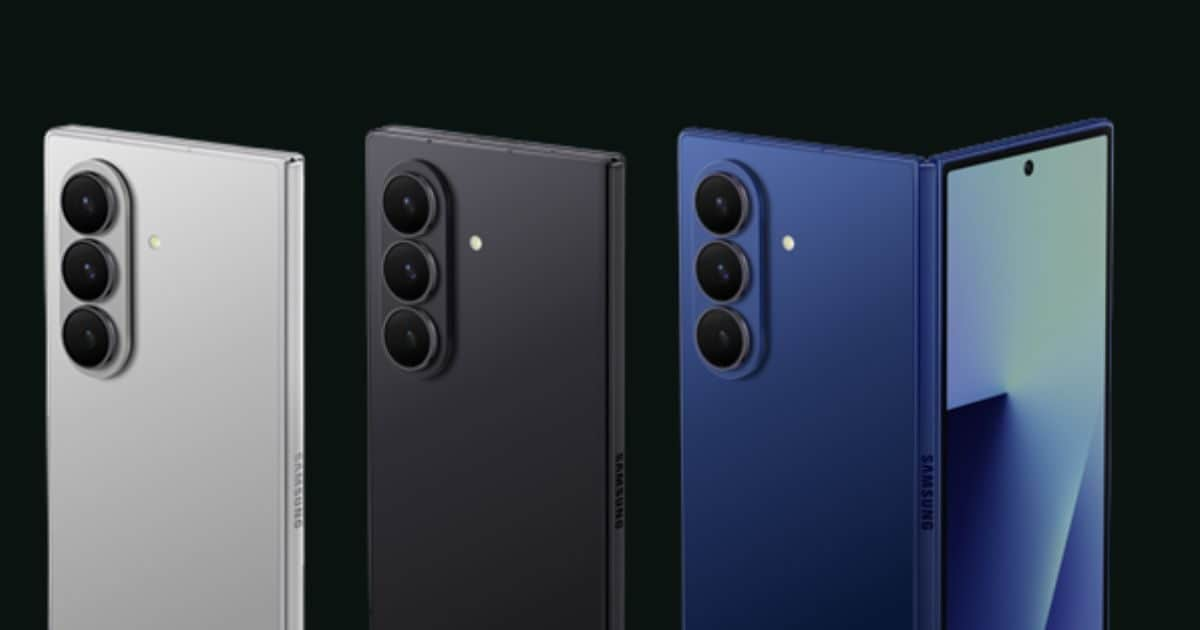About 25 years ago, Microsoft forced people to use Internet Explorer by using the dominance of its personal computer market. The move then sued a large antitrust (anti-competition), in which Microsoft suffered long losses after the defeat. Now, this company is again on the top of Tech World with CEO Satya Nadella’s Artificial Intelligence (AI) Strategy. But Google does not like this. This time Google is trying to have the same experience again, as it happened in the 90s. Why is this fight between two big tech veterans and what are the two companies doing to maintain their dominance? The story is interesting.
Google is currently funding an industry group called Browser Choice Alliance (BCA). It includes opera, vivandi and other small browser making companies. Its purpose is to put pressure on Microsoft. It is alleged that Microsoft is again using its Windows operating system to promote its browser, due to which the rest of the browsers are not getting a chance to equal.
BCA has many members, but Google is the largest financial ally. This is not surprising, because the browser market share is very important for Google. If the new browser of Microsoft becomes the most popular AI browser, then Google’s search engine may lose a large part in the market. Google says that it has problems with Microsoft’s “dark patterns” that prevents Windows users from using their favorite browser.
AI war on desktop
Desktop (or laptop) has become a major battlefield in the increasing era of AI. Even though smartphones are most used in everyday, but people resort to desktop for real work. This is the reason that Microsoft is adding many new features to its browser and has also included AI-Powered “Copylot” Assistant, which can automatically automatically work from the user’s tabs and many tasks.
The BCA alleges that Microsoft users make difficulties in leaving the Edge browser, such as giving safety warning while downloading the new browser, or making the edge default again after changing the setting.
Legal pressure in Europe and Brazil
In Europe, this alliance has complained to regulators that Microsoft is not fully following the new competition laws. BCA member Opera has also filed a complaint with the Brazilian agency, stating that Microsoft’s steps are harassing users and inappropriate.
Interestingly, Google was also accused of promoting its browser earlier. Nevertheless, today Google and other members of BCA believe that if the competition is properly, then both tech industry and users will benefit.
Sometimes there used to be an internet explorer
Microsoft’s Internet Explorer (IE) was the king of the browsing world in the late 1990s and early 2000s. After launching in 1995, IE gained rapid popularity due to integration with Windows operating system. As of 2002-03, its share in the market was more than 95 per cent, as it came as a default browser with Windows.
The collapse of Internet Explorer began in mid -2000. No new innovation, compromise with security, and old web standards disappointed users. Mozilla Firefox (2004) challenged IE by giving fast and secure browsing experience. Then, in 2008, Google Chrome’s launch changed the game. Chrome’s speed, luxurious and kasila design, and all the features for the developer made it an immediate hit. Google’s strong marketing and cross-platform support promoted it. By 2012, Chrome defeated IE and became the king of the browsing market. Today, Chrome’s global stake is more than 60 per cent.
In 2024-25, Microsoft did not delay AI. Due to this, once again he is gradually becoming popular. Due to Microsoft Windows on most personal computers, it is important for the company to make a comeback, but Google has made BCA in trouble. It will be quite interesting to see where this war will go and what will be the result.




